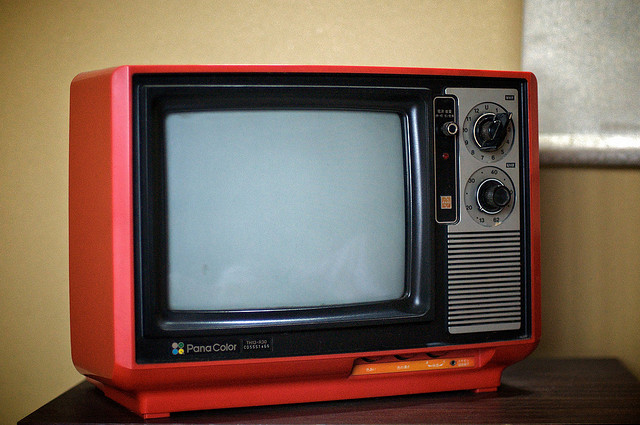On November 17, 2015, the American Medical Association voted to support a ban on drug and medical device company advertising on TV. The AMA sees a negative impact from these ads and also says these ads lead to an increase in drug and device prices. Moreover, they say these ads lead individuals to ask for drugs which they don’t need, are more expensive than other treatment options, and can be harmful to them.
In the last two years, there has been a 30 percent increase in the amount that drugs and device companies are spending on direct-to-consumer advertising, now at $4.5 billion annually. The AMA is particularly concerned with the cost of drugs, which rose almost five percent last year. They are often unaffordable to patients, even those with insurance, keeping them from getting needed care.
Drug and device companies could only conduct extremely limited direct-to-consumer advertising until 1997 when the FDA loosened restrictions. For almost 20 years they have been advertising heavily to consumers, Yet, most people do not have the scientific or technical knowledge to understand whether a particular drug or device is right for them based on an ad.
That notwithstanding, the ads do lead nearly three in ten people to talk to their doctor about a drug. And, two out of three of these people ask their doctors for the prescription.
A recent Kaiser Family Foundation poll shows that about half the population thinks the drug company advertising is generally good. But, almost 90 percent of the public, Democrats, Republicans and Independents alike, supports FDA review of the ads for accuracy and clarity before they are aired.
Given that prescription drug advertising drives up drug costs, the risk of harmful side effects from many drugs, along with FDA drug and device approvals that are sometimes not based on clinical evidence of safety and efficacy, do you think drug and device companies should be allowed to market directly to consumers? Please post your comment.











these drug ads serve no good public function.
Drug companies serve a vital purpose akin to utilities supplying power, water, waste water etc as they manufacture the medications required by the public. They should be regulated along similar lines and allowed a suitable profit margin. Advertising is an unnecessary expense in that model
…I agree. Many of the ads are much longer than commercials for other products, which means these companies are spending more on expensive air time particularly during special events (like the Superbowl) where the price per 30 seconds of time is at a premium. These ads often also use production techniques that are more expensive as well.
For example, during a given sporting event, it isn’t unusual see the same ad repeated several times. Each of those 90 second slots costs and that cost not only adds up but is usually passed on to consumers.
TV advertising is not needed and drives up costs of drugs.
the drug and device companies should “NOT” be able to advertise directly to the public. these companies do not give a damn about the people they are just trying to maximize their profits. they will surely pass on the cost of advertising . let the doctors be the judge of what drugs we should be taking.
WAY too many drug ads. Of course it drives up the cost of drugs; the production costs of the slick ads and more importantly the cost to air them must be recovered through the prices of the drugs themselves.
Drug companies should not be able to advertise, contribute to the AMA, or contribute in any way to medical establishments or universities in order to influence safety studies done on their products.
Prescription drugs should not be advertised on tv by name. Drug companies can communicate about a disease and what is available for prevention or treatment.
Any company that elects to advertise their drugs must agree to sell their drugs at a costs set by the government based on the costs to produce and distribute that medication.